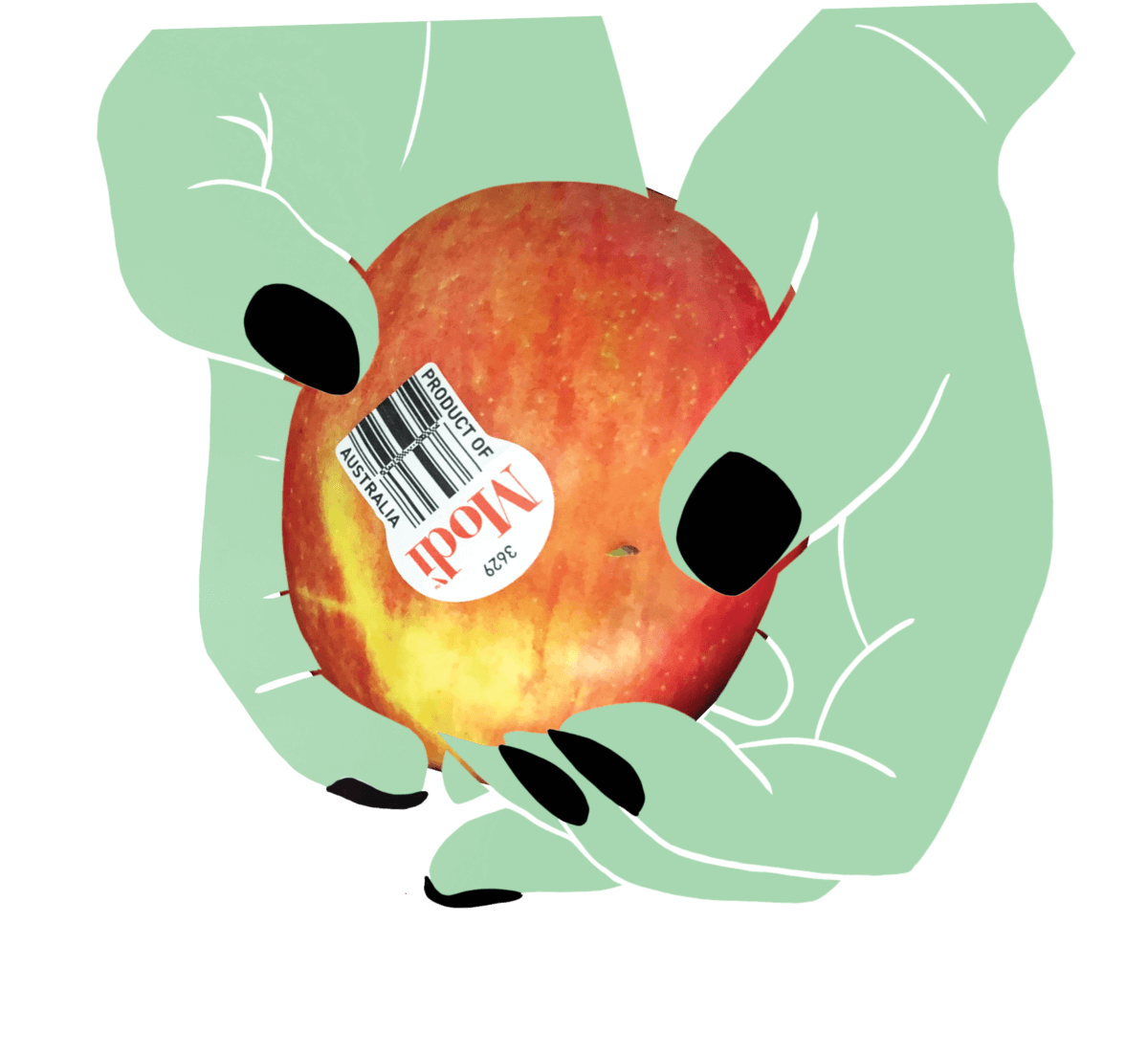There are four Greggs bakeries flanking the Manchester Piccadilly bus station. By noon, all are guaranteed to have run out of their newest menu item: the vegan sausage roll.
I became attuned to the lifeline of the vegan sausage roll last semester, which I spent doing an exchange program in Manchester. These 95p golden brown pastries arrive at 9:00am – there, they languish until the lunch rush begins. Without fail, I arrive around 10:00am, en route to the library for a gratuitous study session (I only needed to pass my classes) and pair up with my little sustainable(?) partner.
I first heard about the vegan sausage roll on the news, which, for context, is a medium for critical global issues. Piers Morgan spat one out into a wastebasket on live television because, like, vegans are millennial snowflakes and stuff. Granted, I don’t ascribe to the view that meat consumption’s damaging effects must be the first thought on everyone’s mind when they grab their morning coffee and pastry. Veganism has not done much to counter its reputation as being elitist and sanctimonious. Although I’m absurdly horny for the environment, I’m able to do this because I have more time and money on my hands than the average citizen of planet Earth; not everyone does.
So, surely, the availability of a cheap, readily available vegan alternative is a great way of de-snowflaking sustainability. The benefits of veganism are indisputable, but it’s devalued because of its association with trends. The online backlash Greggs received for its product was largely attributed to the fact that it was buying into this hippy-dippy culture of Ray Bans and beard oil – i.e, catering to an audience that didn’t typically need to buy 95p lunches.
But, as anyone who has been on exchange will tell you, cheap bakery goods are a must. Another staple of the exchange experience: budget airline Ryanair. In the midst of researching for a report I was writing on the UK agricultural industry, I came across the concept of lab-grown, or cultured meat. I was familiar with the technology, but I was surprised to learn how far along it was. I learned that the Chief Scientific Officer of the pioneering company Mosa Meat was based 614 km from Manchester. I watched 5 hours of TED Talks, read every relevant news article since 2013, wrote a gushy email to a total stranger, and bought a £9.99 flight to Eindhoven.
Dr Mark Post is a pharmacologist and professor at Maastricht University in the Netherlands. In 2013, his team created their first burger out of cultured meat. Briefly, cultured meat describes the product of growing meat cells – primarily muscle – in a lab environment, as opposed to harvesting meat from a living organism. The benefits of this technology are astounding. The meat has a drastically reduced carbon footprint. In the absence of livestock, many harmful environmental impacts are all but eradicated: methane emissions by animals, the massive amounts of water used for irrigation, and the emissions involved in the preparation and transport of animal feed. Importantly, Mosa Meat’s product is meat, genetically and texturally – it just hasn’t been in a cow.
His product, Dr Post explained, wasn’t meant for people like me. I don’t eat meat unless it’s being thrown away and I largely avoid dairy by virtue of being Asian. But then who is Mosa Meat for? Cultured meat isn’t the miracle solution to the environmental impact of meat, and the vast majority of us could thrive on plant-based diets, so why eat meat at all?
Dr Post explained that people need to be wooed. Sustainable food initiatives like veganism and insect consumption haven’t gained momentum because they put too much onus on the actor. He used the metaphor of bread makers, and how everyone’s dad or uncle got one for Christmas at some point. Yes, it’s cheap and easy to make your own bread, but who can be bothered? That’s why Mosa Meat needs to be strategically marketed and commercially competitive, so that consumers are never made to go even a bit out of their way.
However, Dr Post recognises how it might seem as though meat is a half measure. After all, if any of us can go into our local bakery and have a vegan meal for less than $2, shouldn’t we just do that? But attitudes like that, which reinforce the dichotomy of vegan and carnivore, are unhelpful and unnecessarily adversarial. If people are deterred from making an effort from the get-go, we’ll never get anywhere.
Nevertheless, as the evidence currently stands, avoiding meat and animal products is the single most significant lifestyle choice you can make to reduce your environmental impact. Ambivalence towards environmental issues will define how/if we respond to this evidence. I hope that we’re moving away from meme-ing PETA’s Facebook content and towards seeing informed consumption practices as empowering rather than as an orchestrated attack on liberty.
So far, I’ve made a point not to mention the statistical evidence about the damages caused by animal agriculture, or invoke hotly-contested animal rights. The impact a reduced market for traditionally-sourced meat would have on the Australian economy is also far too muddy for me to go into. Being a Netflix food documentary aficionado does not qualify me to explore these issues, nor to promote my agenda. All I can say is that there is a very real issue at hand and smart people out there developing solutions. As for me, I’m just excited to share a positive experience I had, and to strategically flout my exchange.
We acknowledge the Ngunnawal and Ngambri people, who are the Traditional Custodians of the land on which Woroni, Woroni Radio and Woroni TV are created, edited, published, printed and distributed. We pay our respects to Elders past and present. We acknowledge that the name Woroni was taken from the Wadi Wadi Nation without permission, and we are striving to do better for future reconciliation.
